STUDENT BILL of RIGHTS
For REMOTE and DIGITAL WORK
Download a copy of the Bill of Rights
Completing academic work remotely presents unique opportunities and challenges for students and institutions. Schools, instructors and all students should expect that any remote or digital work is equally accessible as well as administered and completed in a fair and uniform manner. Students should expect that their remote academic work is secure and that their privacy and security are maintained. These rights are outlined for the protection of all students and their academic work conducted online
As a student conducting academic work or assessment digitally or online, EVERY STUDENT SHOULD:
1
HAVE YOUR QUESTIONS ANSWERED - You have the right to have any questions regarding these rights and your obligations as a student related to digital or remote academic work or assessment answered clearly and promptly.
2
HAVE YOUR WORK PRESUMED TO BE HONEST AND ACCURATE - You have the right to expect that your remote academic work and assessments will be presumed to be conducted with honesty and integrity and in full and faithful compliance with the highest standards of ethics.
3
EXPECT COMPLIANCE WITH ALL PRIVACY LAWS AND POLICIES - You have the right to expect that every entity involved in remote academic work or assessments is compliant with all federal and state laws, accrediting bodies, and institutional policies related to student privacy and student data.
4
REVIEW AND UNDERSTAND POLICIES PROTECTING YOU AND YOUR WORK - You have the right to expect that there are established policies and procedures to ensure the integrity of your remote or digital work, and you have the right to review and understand those policies and procedures.
5
REVIEW AND UNDERSTAND POLICIES KEEPING OTHERS FROM DISADVANTAGING YOU - You have a right to expect that there are policies and procedures to ensure that others are not placing you at an unfair disadvantage by attempting to complete their academic work through or with inappropriate or unauthorized tools, tactics, or assistance.
6
UNDERSTAND DATA COLLECTION, RETENTION AND DISSEMINATION - You have the right to know and understand what data may be collected when engaging in digital work or remote assessment, how it is stored, and whether it is disseminated. You have the right to understand why this data is necessary and how it may be used by the entities collecting it including the right to request that it not be sold or transferred.
7
EXPECT THAT DATA COLLECTION BE SPECIFIC AND LIMITED - You have the right to expect that no data or information is collected or retained beyond what is required by your academic institution to safeguard your work and privacy as well as the integrity and fairness of the remote academic work and assessment
